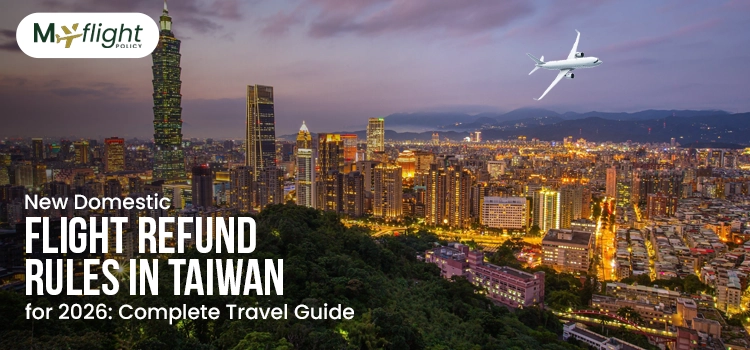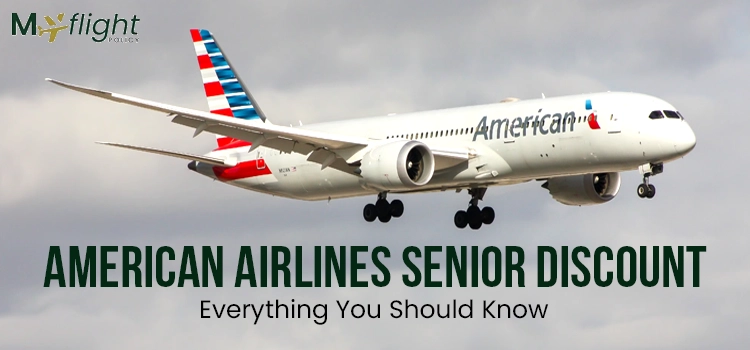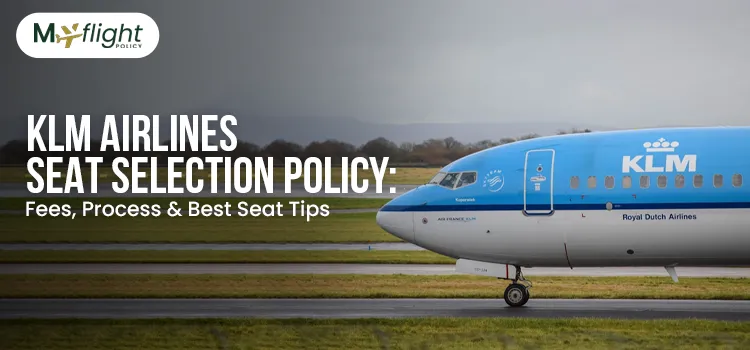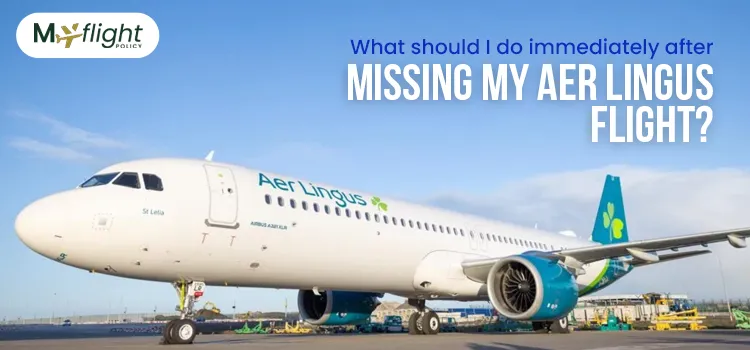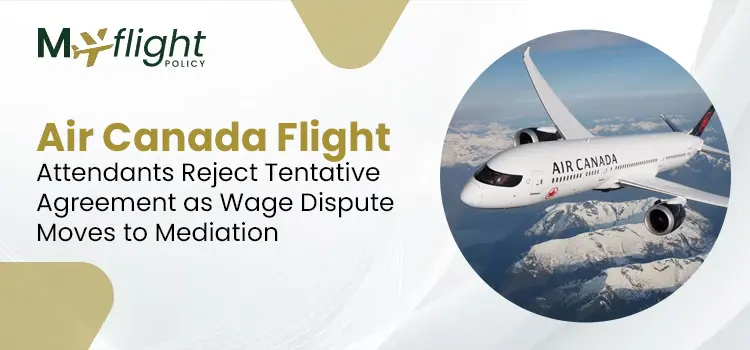
Air Canada is currently trending in the news, and not for good reasons. The flight attendants of Air Canada have rejected the recent wage agreement presented by the Airline. This rejection has escalated the ongoing dispute between more than 10,000 Cabin Crew and Air Canada’s top management. Now, Air Canada and CUPE (Canadian Union of Public Employees), representing the flight attendants, will turn to mediation for further agreement. Here’s what you should know about the recent developments in the Air Canada labour strike to help you avoid flight delays/ cancellations.
What was the New Agreement Being Rejected by Air Canada Flight Attendants?
The Air Canada cabin crew has vehemently rejected the tentative labor agreement by a huge margin on September 6. With 99.1 percent voting opposed to ratification, the agreement is now essentially finished; however, flights will keep running. The voting saw the participation of 94.6% of its members.
Air Canada had suggested a wage increase of 20.25 percent over four years for flight attendants with five years or less of service, and 16.25 percent for those with six years or more in the agreement.
What Lies in the Heart of the Air Canada Labor Dispute?
The bone of contention leading to the Air Canada labor strike is the pay structure of the Cabin Crew. Air Canada Cabin crews get a salary only for the time when the Aircraft is in motion. However, they perform other duties also when the flight is not running. It includes tasks like performing safety checks, ground-boarding passengers, and conducting pre-flight duties. Air Canada’s flight attendants went on strike to raise these demands with the authority. Now CUPE is advocating for better compensation for cabin crew.
What was Mentioned in the Air Canada Tentative Labor Agreement?
Air Canada had proposed the following provisions in the agreement:
- The tentative deal had opened the way for partial concessions for off-flight time.
- Cabin crew working on the narrow-body Aircraft was to get 60 minutes of pre-flight pay. The pay was to be determined at 50 percent of the hourly rate for the first year. This rate would reach 70% by the fourth year.
- The cabin crews of wide-body jets would get paid for 70 minutes of pre-flight time. The hourly rate was the same as that of narrow-body aircraft flight attendants.
- The rejected labor agreement had advocated for up to a 20% wage increase for Junior staff.
- A wage increase of up to 16% was mentioned for the Senior cabin crew members of Air Canada.
Timeline of the Air Canada Flight Attendant Strike
Air Canada’s longstanding conflicts with its cabin crew have intensified further this month, as flight attendants resoundingly rejected a proposed wage deal that had been carefully negotiated amid government pressure. Here’s the brief timeline of the Air Canada labor strike.
- August 15 to August 18, 2025 – It was the first time that flight attendants went on a 4-day strike.
- August 19, 2025- The Airline and CUPE (the flight attendants’ representative union) brokered a tentative deal. The deal was made at the Toronto Airport hotel with the help of a negotiator. The government had given a stern warning of criminal contempt charges (if no agreement had been reached).
- September 6, 2025- The striking flight attendants associated with CUPE rejected the tentative labor agreement.
Why did the Air Canada Flight Attendants reject the Tentative Wage Agreement?
The Air Canada proposed labor agreement seemed like a good deal. Still, the flight attendants strongly voted it down. The reason behind its rejection is the rising costs of living. CUPE members complained that the agreement does not keep pace with the cost of living. It is true for metropolitan cities like Toronto, where the living costs are much higher. Some flight attendants even mention that they work 2 or 3 jobs to make ends meet.
What now after the Rejection of the Air Canada Labour Agreement by the Flight Attendants
The salary part of the agreement is now entering mediation, involving an impartial third party assigned to seek a resolution. If mediation is unsuccessful, the issue proceeds to binding arbitration. The Canada Industrial Relations Board will decide the relevant wage increment for Air Canada’s flight attendants.
The refusal also paves the way for a closely controlled legal procedure that will allow the nation’s largest Airline to continue operations, but also emphasizes underlying divisions within the aviation sector regarding the compensation of front-line workers.
Will Air Canada’s Flight Attendants Again Go on Strike?
According to the agreement reached in August to conclude a four-day strike, both Air Canada and the Canadian Union of Public Employees (CUPE), which represents 10,000 flight attendants, are prohibited from instigating any further labour disruptions. It indicates the absence of a strike and a lockout- two of the most powerful instruments in conventional collective bargaining. All flights will run as usual during the mediation phase.
What Happened During the Last Labour Strike of Air Canada?
The flight attendants of Air Canada went on a full walkout strike from August 15 to 18. It led to the cancellation of more than 2000 flights. The strike affected around 5,00,000 passengers. The Canadian government tried to enforce a binding arbitration between Air Canada and CUPE. It led to the tentative labor agreement that the flight attendants struck down.
What should Air Canada passengers do in the meantime?
The rejection of the tentative labor agreement has increased the tension in the air. Air Canada passengers are fearing another strike. Travelers should not worry, as the legally binding agreement prevents any further strikes (immediate ones). However, every traveler should remain alert and informed about this issue to avoid last-minute trouble. Make sure to be in constant touch with the Airline’s page for the latest updates on this issue.
The Air Canada labor strike shows a broader push in the aviation industry for better working conditions. The latest rejection of the tentative labor agreement shows a broader push for a conducive working environment in the Airline industry. Now both parties are heading towards mediation. For Air Canada, the procedure eliminates the threat of another disruptive strike. For flight attendants, it signifies that their struggle for ground wages and cost-of-living raises is now in the control of someone external. A final and enforceable ruling from an arbitrator will establish the conditions of payment (in case of a failed mediation).
Related Post
Air Canada Flight Change Policy – Change Date & Time Online
Air Canada Name Change Policy – Change Name on Ticket
Get in touch with www.myflightpolicy.com travel experts at Call Us : +1-877-271-4004. You will receive complete assistance with flight bookings, flight cancellations and refunds, flight changes, and other related services 24/7 from our experts.
Recommended blogs
-
New Domestic Flight Refund Rules in Taiwan: What Travelers Should Know for 2026 -
American Airlines Senior Discount: Everything You Should Know -
KLM Airlines Seat Selection Policy: Fees, Process & Best Tips -
Navigating the Aer Lingus Missed Flight/ Rebooking Process/ & Fees -
Agoda Mega Sale in Japan & Thailand: Lunar New Year Hotel Deals You Can’t Miss




